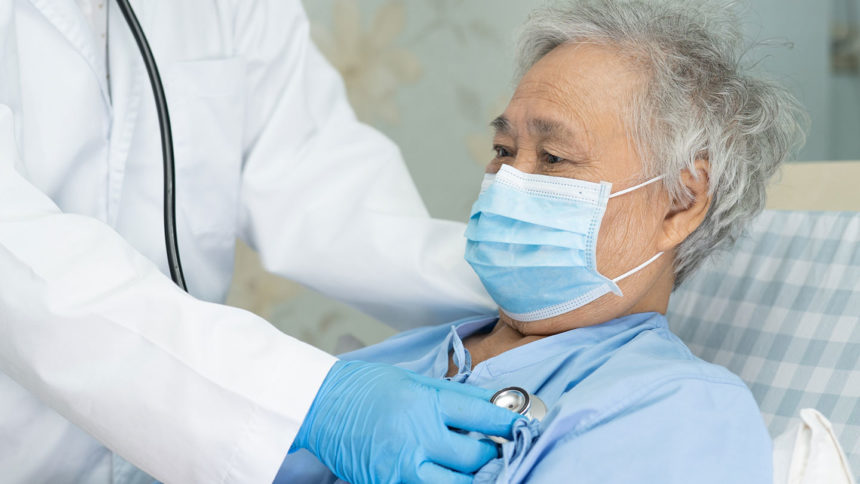
Unvaccinated adults who contract symptomatic COVID-19 have an 85% lower risk of recurrence when compared to their unvaccinated peers who have not had the disease, a new study finds.
Investigators tracked more than 24,000 cases of prior illness and more than 2,700 people who had tested negative for the disease. In addition to the protection against recurrent COVID-19, those with prior cases also had an 88% lower risk of hospitalization and 83% lower odds of illness that doesn’t require hospitalization, reported Jessica P. Ridgway, M.D., of the University of Chicago, and colleagues.
Not only is this protection against mild and severe disease similar to that of mRNA vaccines, but it remained steady for up to nine months, they found. The efficacy of an initial series of mRNA vaccines has been shown to wane after about six months.
Nursing home study
Possible evidence of protection against prior infection has also been found among vaccinated adults in nursing homes. In one study across five facilities in Ireland, vaccinated residents who had weathered a prior COVID-19 infection are more likely to show robust signs of immunity to SARS-CoV-2 six months after vaccination than their peers who were vaccinated with no prior infection, the researchers reported.
The Centers for Disease Control and Prevention notes that relying only on natural immunity is a potentially dangerous gamble.
“Getting a COVID-19 vaccination is a safer and more dependable way to build immunity to COVID-19 than getting sick with COVID-19,” the agency states on its “Myths and Facts about COVID-19 Vaccines” webpage.
The current study was published as a research letter in JAMA Network Open.
Related articles:
LTC residents with prior COVID-19 infection may have big immune advantage, study finds
CDC: More than 10 percent of COVID-19 patients develop new post-acute illnesses
Despite assumptions, COVID-19 vaccines provide key protection for the immunocompromised: report




